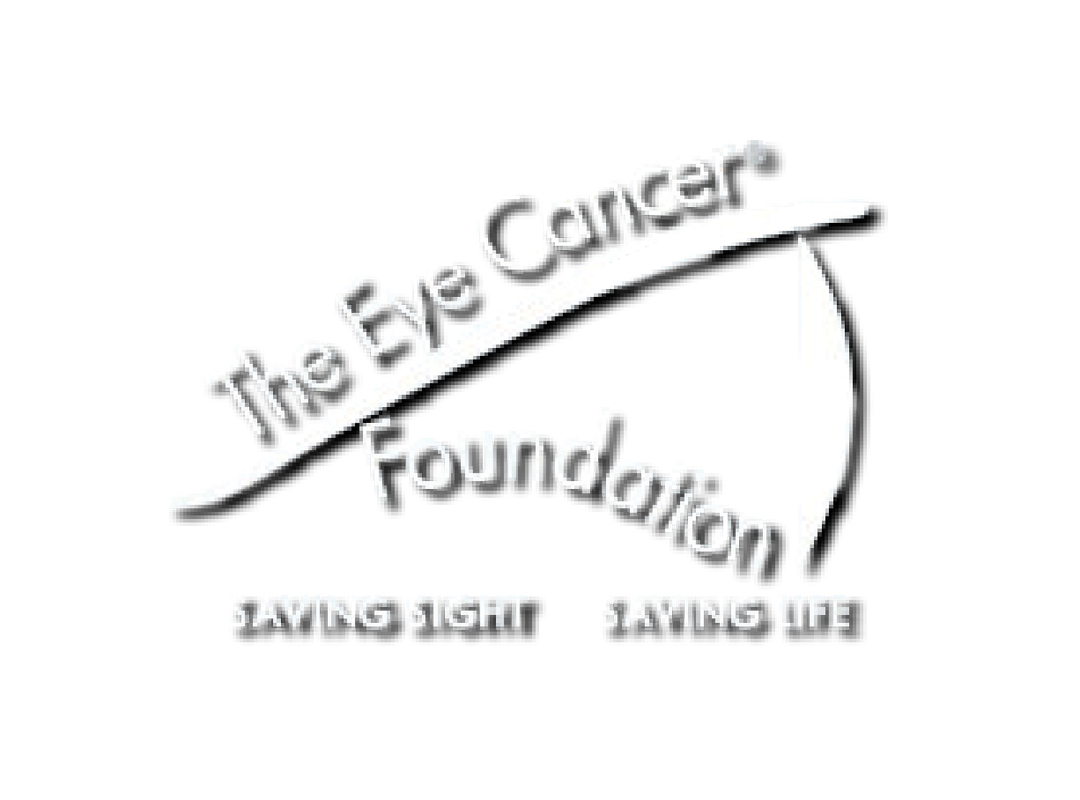About Us
In 1998, Paul T. Finger, MD established The Eye Cancer Foundation as an educational and supportive resource for eye cancer patients, their families and physicians. Prior to The Eye Cancer Foundation, there was no open-access educational information or support services available for eye cancer patients and others. Since its inception, The ECF has grown to become the leading non-profit organization dedicated to serving the needs of eye cancer patients worldwide.
Mission
The mission of The Eye Cancer Foundation is three-fold: to develop and encourage international, multi-center research on new diagnostic treatments; to provide much-needed support services for patients and their families; and to save lives through our international fellowship program by training doctors in underserved and unserved countries.
It has been our goal to create a world-class resource for patients and their families diagnosed with eye cancer in the form of ocular tumors, macular degeneration, and related ophthalmic conditions. We want to help you, your children and families around the world.
It has been our goal to create a world-class resource for patients and their families diagnosed with eye cancer in the form of ocular tumors, macular degeneration, and related ophthalmic conditions. We want to help you, your children and families around the world.
ECF Specific Goals
I. Find cures for patients with ocular tumors and related eye diseases.
II. Provide eye cancer specialists for unserved and underserved countries.
III. Coordinate international, cooperative evaluation of new methods of diagnosis and treatment.
IV. Provide family and patient support programs to ease emotional stress and real-life adjustment
issues related to eye cancer.
V. Promote transparency related to doctor and patient outcomes.
VI. Promote quality assurance and education and eye cancer specialty centers.
VII. Empower patients to find the resources to improve their lives.
I. Find cures for patients with ocular tumors and related eye diseases.
II. Provide eye cancer specialists for unserved and underserved countries.
III. Coordinate international, cooperative evaluation of new methods of diagnosis and treatment.
IV. Provide family and patient support programs to ease emotional stress and real-life adjustment
issues related to eye cancer.
V. Promote transparency related to doctor and patient outcomes.
VI. Promote quality assurance and education and eye cancer specialty centers.
VII. Empower patients to find the resources to improve their lives.


